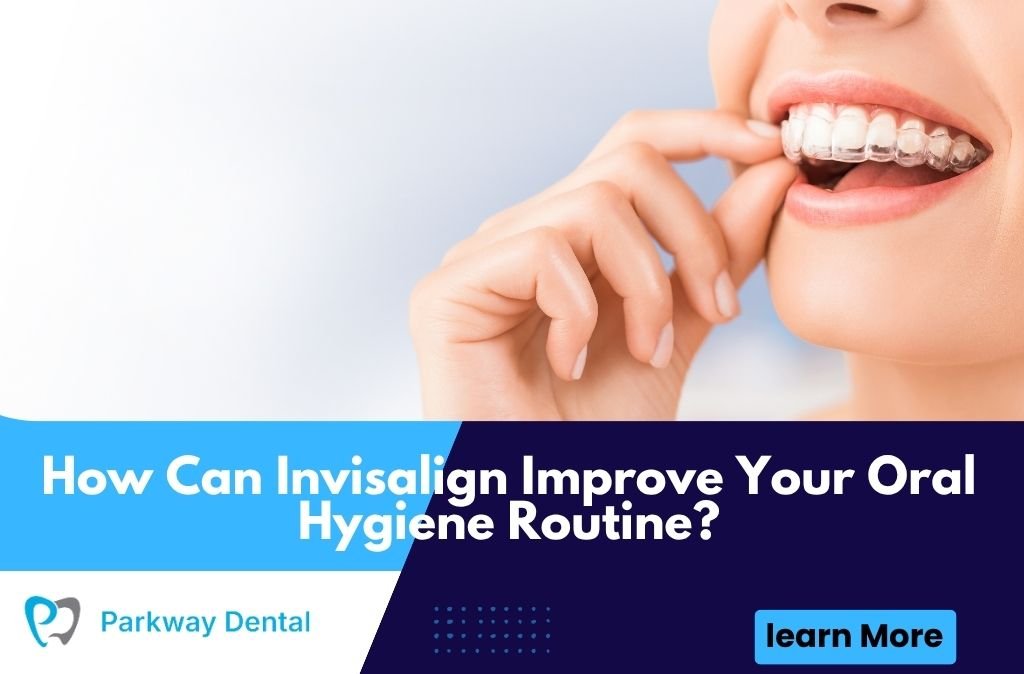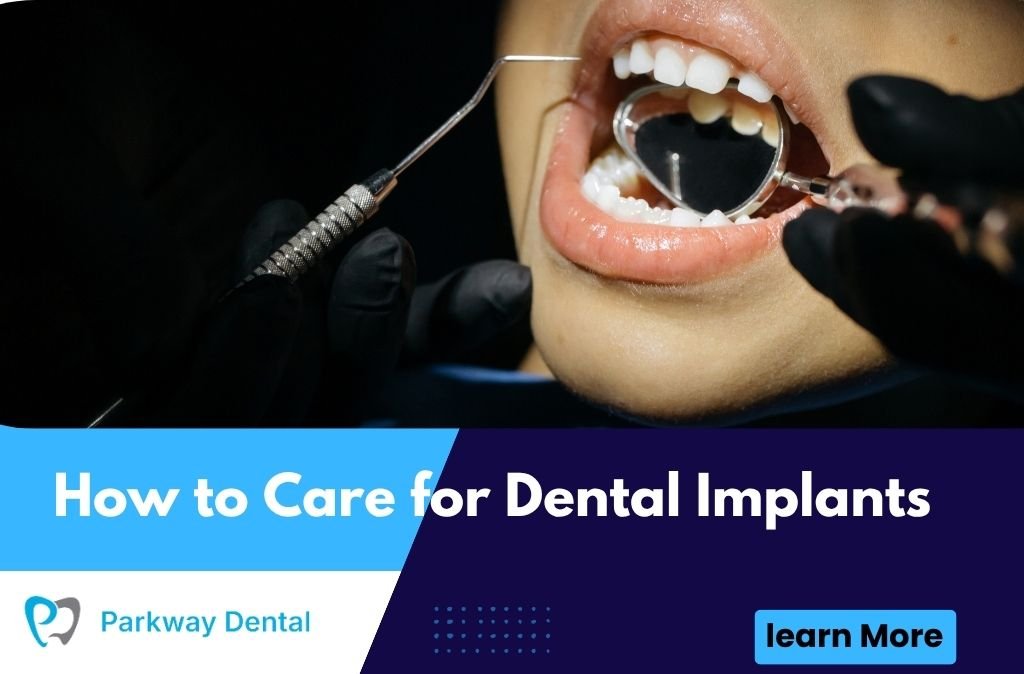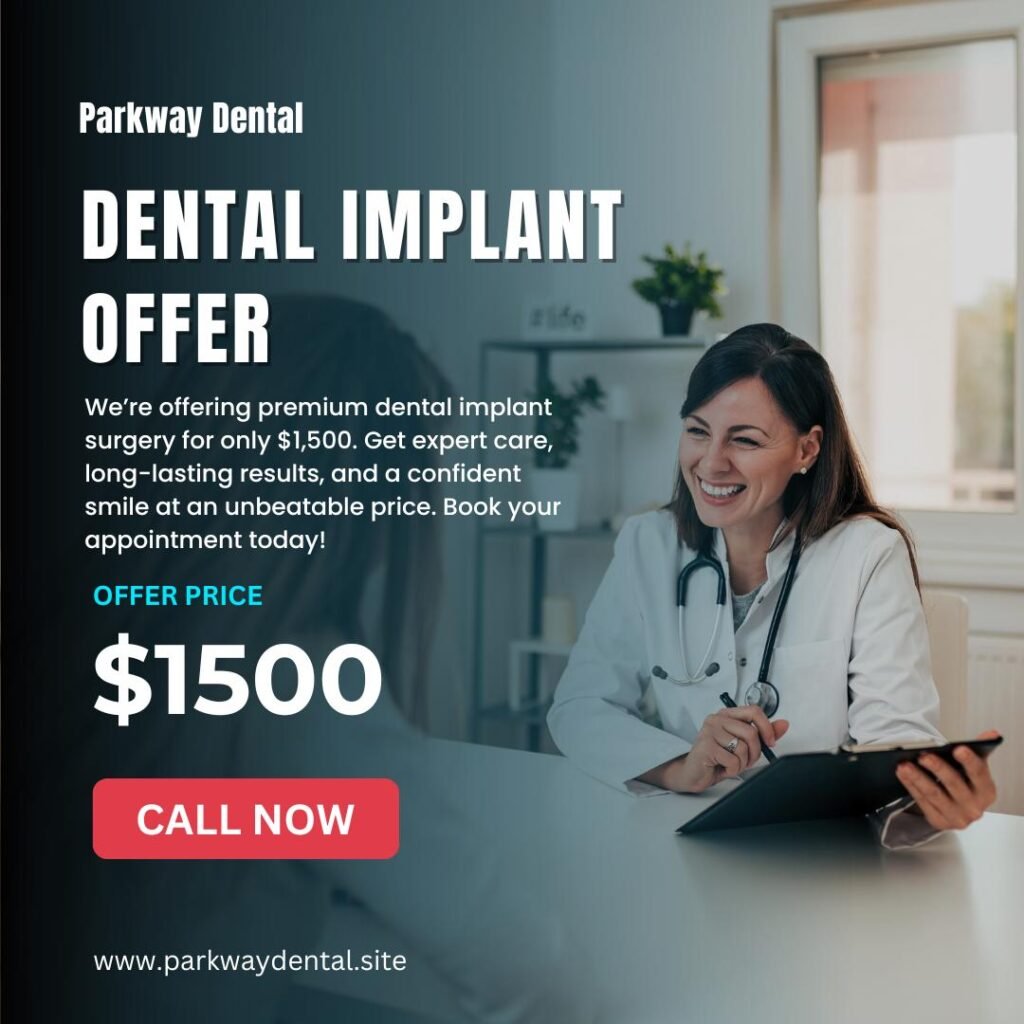Regular dental checkups are a cornerstone of maintaining excellent oral health, preventing dental problems, and ensuring a bright, healthy smile. Visiting a dentist near you for routine examinations allows for early detection of issues like cavities, gum disease, and oral cancer, which can save time, money, and discomfort in the long run. But how often should you schedule these dental visits? This comprehensive guide explores the recommended frequency of dental checkups, factors that influence visit schedules, and the benefits of consistent dental care. Whether you’re proactive about your oral hygiene or wondering when to book your next dental appointment, this article provides valuable insights to keep your smile in top shape.
Table of Contents
Why Dental Checkups Are Essential for Oral Health
Dental checkups go beyond a simple cleaning; they are critical for preventing and addressing dental issues before they escalate. A dentist examines your teeth, gums, and mouth for signs of trouble, performs professional cleanings, and provides personalized advice to maintain oral wellness. Regular visits help catch problems early, ensuring better outcomes and less invasive treatments.
Benefits of Regular Dental Visits
Routine dental checkups offer numerous advantages, including the prevention of tooth decay, gum disease, and bad breath. They also allow dentists to detect early signs of serious conditions like oral cancer or TMJ disorders. Additionally, professional cleanings remove plaque and tartar that daily brushing can’t, keeping your teeth and gums healthy. Consistent dental care also enhances your smile’s appearance, boosting confidence and overall well-being.
The Role of Preventive Dentistry
Preventive dentistry focuses on stopping dental problems before they start. During a dental checkup, your dentist may apply fluoride treatments, recommend dental sealants, or provide guidance on oral hygiene practices. This proactive approach reduces the risk of costly procedures like root canals or tooth extractions, making regular dental visits a smart investment in your oral health.
Recommended Frequency for Dental Checkups
The general guideline for dental checkup frequency is every six months, but this can vary based on individual needs. Understanding the standard recommendations and when adjustments are necessary helps you plan your dental appointments effectively.
Standard Dental Checkup Schedule: Every Six Months
For most people, visiting a dentist near you twice a year is ideal. This schedule allows for regular professional cleanings to remove plaque buildup and tartar, which contribute to cavities and gum disease. Biannual dental visits also enable dentists to monitor your oral health, catching issues like tooth decay or gingivitis early. The American Dental Association (ADA) supports this timeline for individuals with average oral health risks.
During these visits, your dentist will perform a thorough examination, clean your teeth, and take X-rays if needed to assess hidden issues like impacted teeth or jawbone loss. This consistent schedule ensures your oral hygiene remains on track.
When to Visit More Frequently
Certain conditions may require more frequent dental checkups, such as every three to four months. These include:
- Gum Disease: Patients with gingivitis or periodontitis need closer monitoring to manage inflammation and prevent tooth loss.
- High Risk of Cavities: Individuals with a history of frequent tooth decay or poor oral hygiene may need additional cleanings.
- Medical Conditions: Conditions like diabetes or autoimmune disorders increase the risk of dental problems, necessitating more dental visits.
- Smoking or Tobacco Use: These habits elevate the risk of gum disease and oral cancer, requiring regular screenings.
- Orthodontic Treatment: Those with braces or Invisalign may need more frequent checks to ensure proper dental alignment and cleanliness.
Your dentist will assess your oral health status and recommend a personalized dental checkup schedule based on these factors.
What Happens During a Dental Checkup?
Understanding the components of a dental checkup can ease any anxiety and help you appreciate its value. A typical visit involves several steps designed to evaluate and maintain your oral health.
Comprehensive Oral Examination
The dentist begins with a thorough oral examination, inspecting your teeth, gums, tongue, and mouth for signs of dental issues. They use tools like a dental mirror and probe to check for cavities, gum inflammation, or abnormal growths. This step may also include screening for oral cancer, especially for high-risk patients like smokers.
X-rays may be taken periodically to detect hidden problems, such as tooth decay between teeth or jawbone issues. This detailed assessment ensures early intervention for any dental problems.
Professional Cleaning and Plaque Removal
A dental hygienist performs a professional cleaning, which includes scaling to remove plaque and tartar from teeth surfaces and below the gumline. This is followed by polishing to smooth the teeth and remove surface stains, enhancing oral aesthetics. Flossing and a fluoride treatment may also be included to strengthen enamel and prevent tooth decay.
Personalized Oral Health Advice
After the cleaning, your dentist provides tailored recommendations for your oral hygiene routine. This may include tips on brushing techniques, flossing, or dietary changes to reduce dental risks. If issues like misaligned teeth or bruxism are detected, they may suggest treatments like orthodontics or a night guard.
Factors Influencing Dental Checkup Frequency
While the six-month rule applies to many, certain factors can alter how often you should visit a dentist near you. Understanding these can help you and your dentist create a customized dental care plan.
Age and Dental Health Needs
Children and teenagers may need more frequent dental checkups to monitor tooth development and orthodontic needs, especially during periods of rapid growth. Seniors, on the other hand, may require additional visits to address age-related dental issues like gum recession or dry mouth caused by medications.
Lifestyle and Oral Hygiene Habits
Poor oral hygiene practices, such as irregular brushing or skipping flossing, can increase plaque buildup and necessitate more frequent dental cleanings. Lifestyle factors like a high-sugar diet, smoking, or excessive alcohol consumption also elevate the risk of dental problems, prompting more regular dental visits.
Existing Dental Conditions
Patients with ongoing dental conditions, such as periodontal disease, dental implants, or restorations like crowns, may need more frequent monitoring to ensure treatment success and prevent complications. For example, dental implants require regular checks to avoid peri-implantitis, an infection around the implant.
Benefits of Consistent Dental Visits
Committing to regular dental checkups offers long-term benefits that extend beyond your smile. These visits are a proactive way to safeguard your oral health and overall well-being.
Early Detection of Dental Problems
Routine dental exams allow dentists to identify issues like cavities, gum disease, or oral cancer in their early stages, when treatment is less invasive and more effective. Early intervention can prevent the need for complex procedures like root canals or tooth extractions.
Improved Oral Aesthetics and Confidence
Professional cleanings remove stains and plaque, enhancing the appearance of your teeth. A bright, healthy smile boosts self-esteem, making regular dental visits a key part of maintaining oral aesthetics.
Connection to Overall Health
Oral health is closely linked to systemic conditions like heart disease, diabetes, and respiratory issues. Regular dental checkups help manage oral inflammation and bacteria, reducing the risk of these health problems and supporting overall wellness.
Tips for Maximizing Your Dental Checkups
To get the most out of your dental visits, follow these practical tips to enhance your oral hygiene and ensure effective dental care.
Maintain a Strong Oral Hygiene Routine
Brush twice daily with fluoride toothpaste, floss daily, and use an antimicrobial mouthwash to reduce plaque and bacteria. A consistent oral hygiene routine complements professional cleanings and reduces the frequency of dental issues.
Communicate with Your Dentist
Be open about any symptoms, such as tooth sensitivity, gum bleeding, or jaw pain, during your dental checkup. Providing a complete oral health history helps your dentist tailor their recommendations and detect issues early.
Schedule Dental Appointments in Advance
Book your next dental checkup before leaving the dental office to stay on schedule. Setting reminders for biannual visits ensures you don’t miss your dental care routine.
Conclusion
Regular dental checkups are vital for maintaining oral health, preventing dental problems, and enhancing your overall well-being. While most people benefit from visiting a dentist near you every six months, factors like gum disease, lifestyle, or medical conditions may require more frequent dental visits. By understanding what happens during a dental checkup and committing to a consistent oral hygiene routine, you can keep your smile healthy and vibrant. If you’re in the West Roxbury area and due for a dental appointment, consult a trusted Dentist in West Roxbury, MA for expert care and personalized guidance.
FAQs
How often should I visit a dentist for a checkup?
Most people should schedule dental checkups every six months for professional cleanings and examinations. Those with dental conditions may need visits every 3-4 months.
What happens during a dental checkup?
A dental checkup includes an oral examination, professional cleaning (scaling and polishing), X-rays if needed, and personalized oral hygiene advice.
Can I skip dental visits if I have no dental problems?
No, regular dental checkups are essential for preventive dentistry, catching issues like cavities or gum disease early, even if you have no symptoms.
Do children need more frequent dental checkups?
Yes, children may need more regular dental visits to monitor tooth development and orthodontic needs, typically every 6-12 months.
How do I find a reliable dentist near me?
Look for a dentist with good reviews, proper credentials, and a focus on preventive dentistry. Ask for recommendations or check local directories for a dental office in your area.






